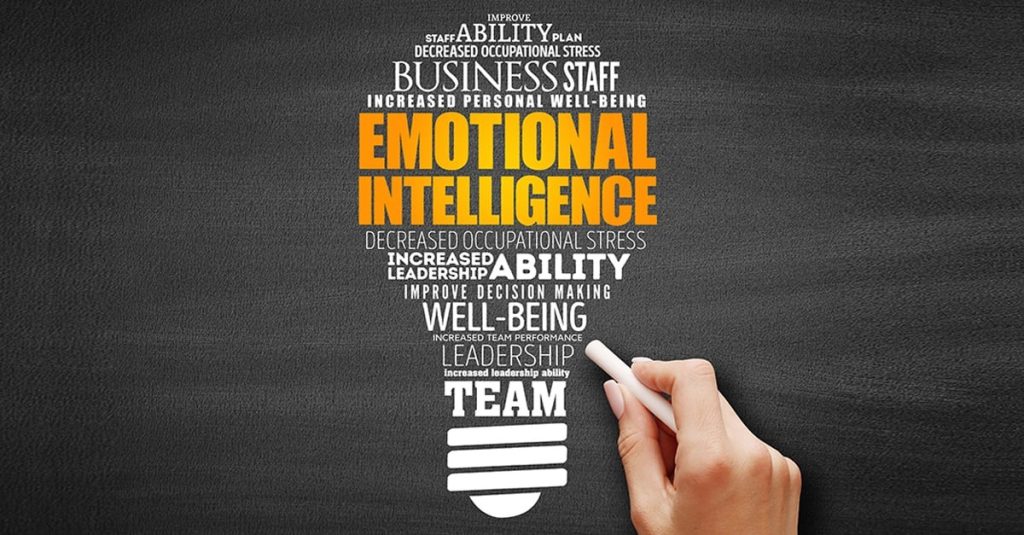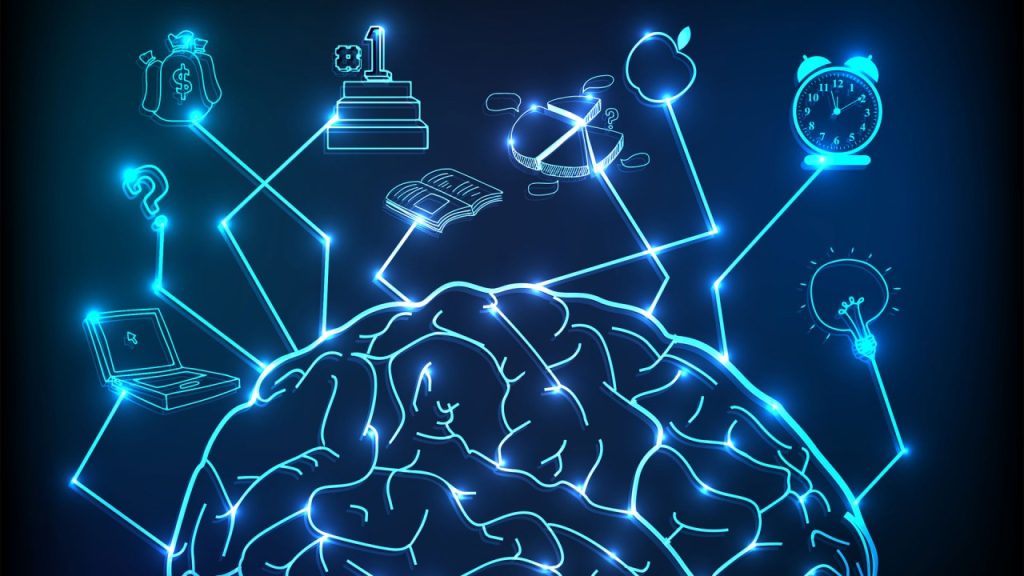Table of Contents
Emotional Intelligence (EI), often referred to as emotional quotient (EQ), plays a pivotal role in achieving success across various aspects of life, including personal, professional, and social realms. Unlike traditional intelligence (IQ), which focuses on cognitive abilities, emotional intelligence involves understanding and managing one’s own emotions and recognizing and influencing the emotions of others. This article explores the significance of emotional intelligence and how it contributes to success, providing insights into its core components and practical applications.

Understanding Emotional Intelligence
Emotional intelligence encompasses several key components that contribute to personal and professional success. These components include self-awareness, self-regulation, motivation, empathy, and social skills.
- Self-Awareness: Self-awareness involves recognizing and understanding one’s own emotions, strengths, and weaknesses. It enables individuals to have a clear perception of their own emotional state and how it influences their behavior and decision-making. Self-aware individuals are better equipped to manage stress, make informed decisions, and maintain a positive outlook.
- Self-Regulation: Self-regulation refers to the ability to manage and control one’s emotions in various situations. It involves staying calm under pressure, handling stress effectively, and adapting to changing circumstances. Individuals with strong self-regulation skills are more resilient, make thoughtful decisions, and maintain composure in challenging situations.
- Motivation: Motivation encompasses the drive and enthusiasm to achieve goals and overcome obstacles. Emotionally intelligent individuals are often self-motivated, with a strong sense of purpose and perseverance. They set and pursue goals with determination, resilience, and a positive attitude, which contributes to their overall success.
- Empathy: Empathy involves understanding and sharing the feelings of others. It enables individuals to build strong relationships, communicate effectively, and resolve conflicts. Empathetic individuals can connect with others on an emotional level, fostering trust and collaboration, which is essential for success in both personal and professional contexts.
- Social Skills: Social skills involve the ability to interact effectively with others, build relationships, and navigate social situations. This includes skills such as communication, teamwork, and conflict resolution. Strong social skills contribute to successful collaboration, leadership, and networking, all of which are critical for achieving success.
The Impact of Emotional Intelligence on Success
- Enhanced Leadership Abilities
Emotional intelligence is a key factor in effective leadership. Leaders with high EI are able to inspire and motivate their teams, manage conflicts, and create a positive work environment. They understand the needs and emotions of their team members, which allows them to lead with empathy and build strong, cohesive teams. Effective leadership, supported by emotional intelligence, contributes to organizational success and achievement of goals.
- Improved Communication and Relationships
Strong emotional intelligence enhances communication and relationship-building skills. Individuals with high EI are better at expressing their thoughts and feelings clearly and listening actively to others. This leads to more productive interactions, reduced misunderstandings, and stronger personal and professional relationships. Effective communication and relationship-building are crucial for success in various areas, including career advancement and personal fulfillment.
- Enhanced Problem-Solving and Decision-Making
Emotional intelligence contributes to better problem-solving and decision-making by enabling individuals to manage their emotions and respond thoughtfully to challenges. Self-regulation and self-awareness allow individuals to approach problems with a clear and rational mindset, leading to more effective solutions and decisions. The ability to stay composed and focused under pressure enhances overall problem-solving abilities and contributes to successful outcomes.

- Increased Resilience and Adaptability
Resilience and adaptability are essential traits for navigating the complexities of modern life and achieving success. Emotionally intelligent individuals are better equipped to handle setbacks and adapt to changing circumstances. They maintain a positive attitude and persevere through challenges, which enhances their ability to bounce back from failures and continue pursuing their goals.
- Successful Career Advancement
In the professional realm, emotional intelligence plays a significant role in career success. EI contributes to effective networking, collaboration, and leadership, all of which are critical for career advancement. Individuals with high EI are often better at managing workplace relationships, handling feedback, and navigating organizational dynamics, leading to greater opportunities for career growth and success.
- Improved Well-being and Life Satisfaction
Emotional intelligence not only contributes to external success but also impacts overall well-being and life satisfaction. Individuals with high EI tend to experience greater emotional stability, healthier relationships, and a more positive outlook on life. This enhanced well-being contributes to a greater sense of fulfillment and satisfaction, both personally and professionally.
Developing Emotional Intelligence
- Self-Reflection: Regular self-reflection helps individuals gain insight into their emotions, strengths, and areas for improvement. Journaling, mindfulness practices, and seeking feedback from others can enhance self-awareness and self-regulation.
- Active Listening: Practice active listening to improve empathy and communication skills. Focus on understanding others’ perspectives, ask clarifying questions, and validate their feelings to build stronger connections.
- Stress Management: Develop strategies for managing stress and maintaining emotional balance. Techniques such as deep breathing, exercise, and mindfulness can help regulate emotions and improve resilience.
- Seek Feedback: Actively seek feedback from colleagues, mentors, or friends to gain insight into your emotional intelligence and areas for growth. Use this feedback to make informed improvements in your interpersonal skills and emotional management.
- Continuous Learning: Engage in ongoing learning and development to enhance emotional intelligence. Workshops, books, and training programs focused on emotional intelligence can provide valuable insights and practical skills for personal and professional growth.

Conclusion
Emotional intelligence plays a critical role in achieving success across various aspects of life. By fostering self-awareness, self-regulation, motivation, empathy, and social skills, individuals can enhance their leadership abilities, improve communication and relationships, and navigate challenges with resilience and adaptability. Developing emotional intelligence contributes to overall well-being, career advancement, and personal fulfillment, making it a vital component of success. Embracing and cultivating emotional intelligence can lead to a more balanced, effective, and satisfying life.
